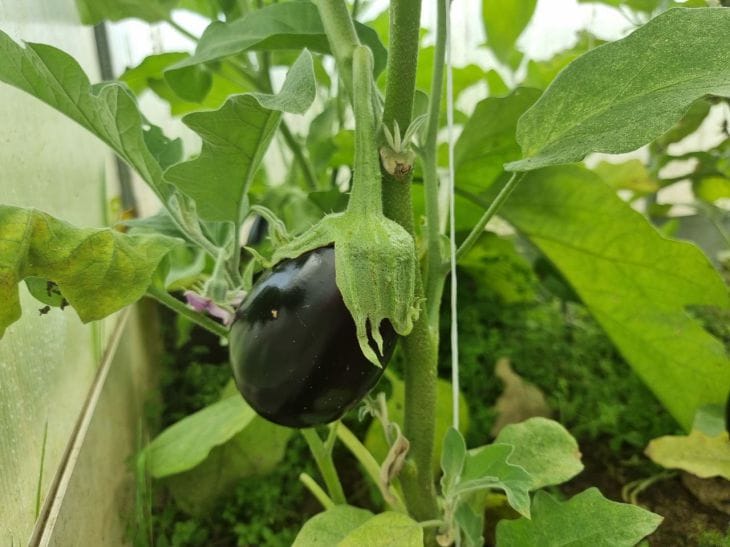How to choose soil for eggplants so that they grow like yeast
Are your eggplants withering even though you water and fertilize them?
The problem may be in the soil.
Good soil is the foundation of a harvest, and for eggplants it must be special. Let's figure out how to create the ideal environment for their growth.
What do eggplants need?
The soil should be loose, rich in organic matter and have a pH of 5.5–6.5. The Royal Horticultural Society advises: Add compost or well-rotted manure to improve structure and nutrition.
The University of California specifies: eggplants need phosphorus and potassium for fruiting, and nitrogen only for starters. Mix garden soil with sand (for drainage) and humus (for food) in a ratio of 2:1:1.

How to check and fix
Measure the pH with litmus strips or a pH meter. Too acidic (below 5.5)? Add lime (200 g per sq. m). Alkaline (above 6.5)? Add sulfur or peat.
Mix in some perlite or coffee grounds to loosen the soil—Texas gardener Bob Randall swears by it. My recipe: 2 parts soil, 1 part compost, a handful of ash, and a pinch of sand. Eggplants grow like crazy in this soil!
Additional Tricks
Before planting, warm up the soil under the black film a week before — this will speed up rooting. And don't forget about drainage: if the water stagnates, the roots will suffocate. With the right soil, your eggplants will grow like crazy!
